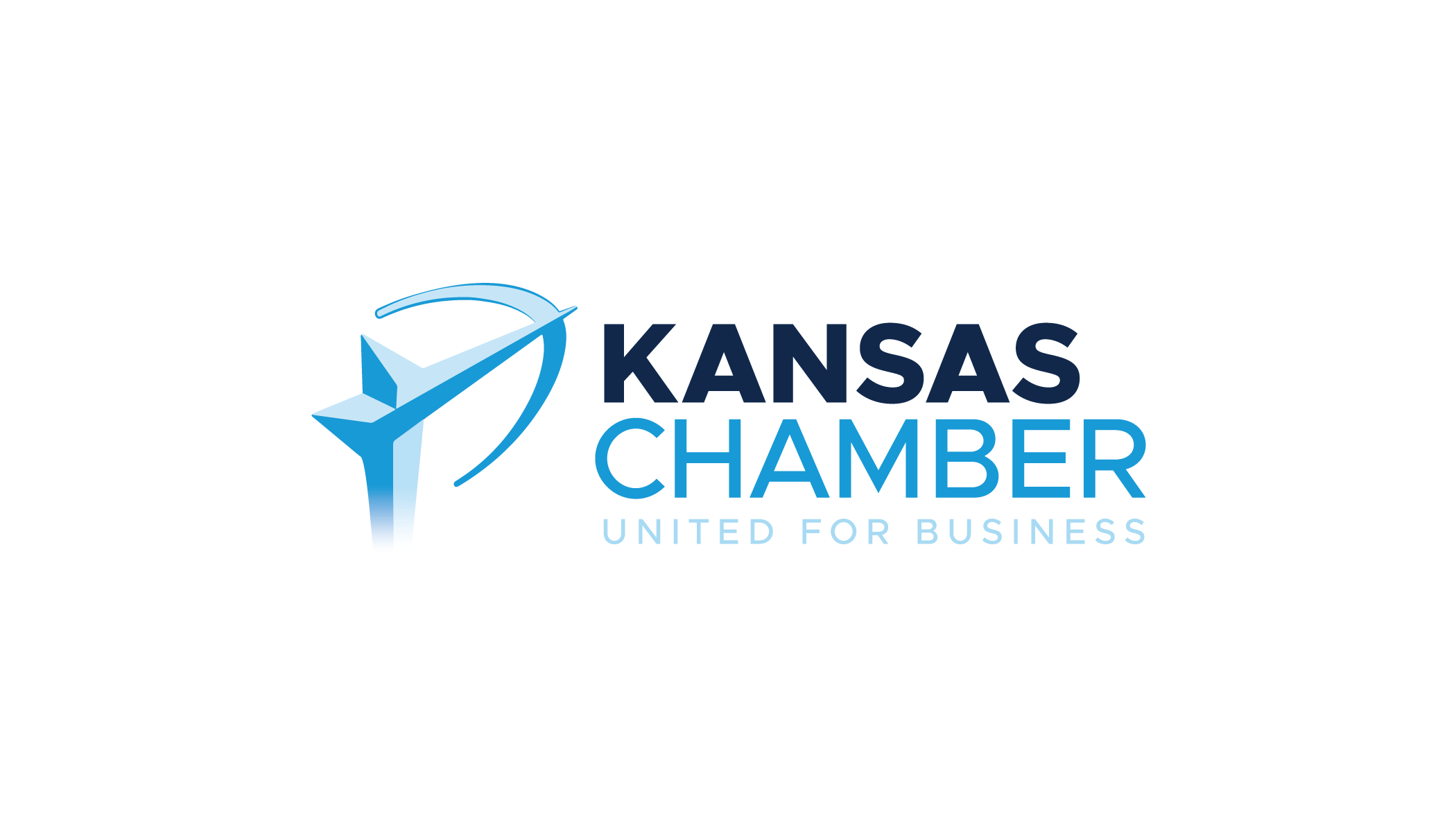10 Dec Kansas Chamber & Tax Foundation Release “Kansas Tax Modernization” Report
Report shows changes to the Kansas tax code could improve Kansas business climate
 Topeka, KAN. – A report issued Tuesday by the Kansas Chamber and the Tax Foundation found the Kansas tax code needs significant changes to help improve the business climate and grow the state’s economy.
Topeka, KAN. – A report issued Tuesday by the Kansas Chamber and the Tax Foundation found the Kansas tax code needs significant changes to help improve the business climate and grow the state’s economy.
“Kansas continues to lag behind as a state competing in a global market for jobs and talent, and this study gives us insight into one of the determining factors businesses consider when deciding where to invest or expand,” said Chamber President and CEO Alan Cobb. “We must modernize our tax code to allow Kansas to be a more attractive place for businesses to invest and succeed and all Kansans to flourish.”
The Chamber partnered with Tax Foundation, one of the nation’s leading independent tax policy nonprofit organizations, to conduct this study as part of its Vision 2025 strategic plan for the state. The Foundation has conducted state-specific studies for several states including Nebraska, Iowa, and South Carolina.
The Kansas Tax Modernization report lays out several very specific recommendations for reforming the state’s tax code and an overall optimistic outlook for the future should Kansas legislators make these necessary changes. Among the changes, the Tax Foundation recommends the following:
Remove International Income from the Tax Base. Kansas is currently poised to tax international income, with corporations potentially facing significant in-state liability for the activities of their foreign subsidiaries or related corporations. This would make Kansas far less attractive to multinational corporations.\
Allow an Independent Choice of Itemization. Kansans should be allowed to itemize on their state return even if they claim the standard deduction on their federal return.
Remove Barriers to Interstate Commerce. Policymakers should enact legislation providing a safe harbor for remote sellers, disavowing retroactive collections, providing clear statutory language regarding marketplace facilitators, and eliminating Kansas’ legally dubious click-through and affiliate nexus provisions.
Direct County Appraisers on Proper Methodologies for Appraising Big-Box Retail Properties. The Kansas Board of Tax Appeals and Supreme Court have consistently ruled that retail properties should be appraised on the value of their land and improvements, and that appraisal formulae should not be based upon the income-potential or lease-potential of a retail property. The Director of the Division of Property Valuation should provide clear guidance to county appraisers for valuing big-box retail properties.
“We are excited by the prospect that, a few years hence, “Kansas” will cease to be a word of warning and instead be a word that connotes reform and renewal. It’s time to turn the page on the debates of the past decade and chart a new course, one that makes Kansas a different kind of watchword,” said Michael Lucci, the Tax Foundation’s Vice President of State Projects. “In recent years many states, including regional competitors like Iowa and Indiana, have modernized their tax codes to become more competitive and are enjoying the benefits of those reforms. It is time for Kansas to join their ranks.”
The full text of the report and its recommendations can be found at the following link: www.KansasChamber.org/TaxReport.
###

